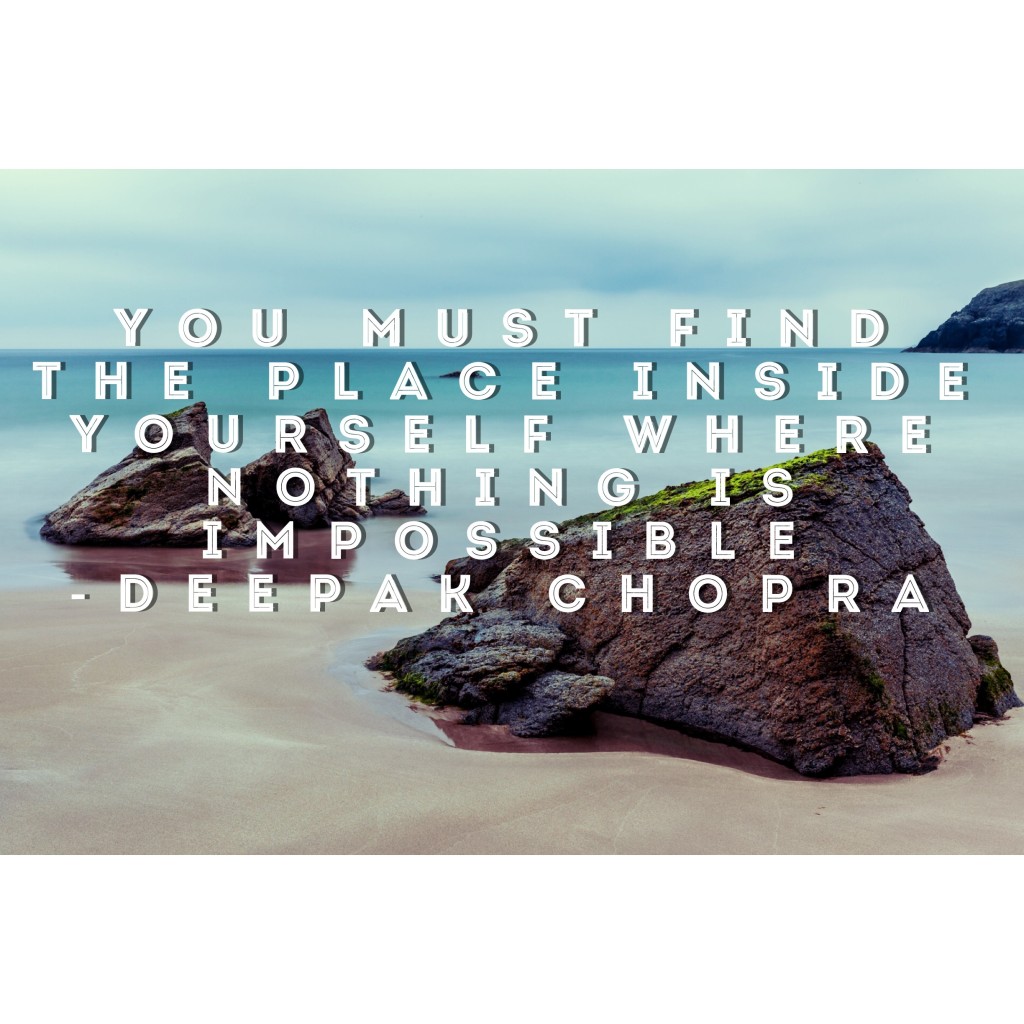Feeling guilty about climate change hasn’t proved to be a good motivator. The most recent report on greenhouse gas emissions puts March at a record-breaking level of emissions. Presidential urging doesn’t move Congress to take significant steps at solving the issue. The world community passes well-meaning resolutions that don’t lead to major global cooperation.
We are headed on a downward track, and everybody knows it. But we already know that guilt is a poor motivator. Fear is somewhat better, because it implies imminent harm, yet if the Earth is the Titanic and climate change is the iceberg, there’s enough open sea between us and catastrophe to lull the passengers into one more round of champagne and caviar.
I’m convinced that the problem will only be solved through higher awareness, not in a lofty spiritual sense but simply by applying self-awareness in place of guilt and fear. Instead of turning our backs on possibilities we’re afraid to confront, we could embrace a positive emotion that everyone agrees upon, which is the feeling that humanity is bound with Nature. What we’re up against is the equivalent, more than a century ago, of the mass distress over losing faith in God. Only in our time, we are about to lose faith in Nature.
It’s still shocking that the rise in ocean temperature of only a few degrees should lead to such rapid and devastating effects: extreme weather patterns, die offs of coral reefs, melting of the polar ice caps and more. It’s like finding out that someone you love and trust has turned away because of a spat you can barely remember.
The Earth outdoes any lover in its nurturing relationship to human beings, and life in general. We barely understand the intricate ways in which our genes are woven into the fabric of life, but it is known that microbes dating back billions of years were key in building human DNA and continue to play a major role in it to this day. There is no us-versus-them when it comes to planetary life. Earth’s loss is our personal loss, Earth’s gain our personal gain.
In the simple idea of “I am the Earth, the Earth is me,” we could educate future generations to take a completely new and healing attitude. For centuries the theme of man conquering Nature has treated the planet on a war footing. Many people, including the most educated and responsible, still implicitly hold this view, only the tables have turned. Nature is winning the battle. We all understand, even if we can’t admit it to ourselves, that Homo sapiens could disappear overnight and the Earth wouldn’t notice. The ecology would rebalance itself in our absence, given a period of adjustment.
The result, in our own mentality, is a push-pull between hating what the planet is doing to us and taking responsibility for the harm we have done to it. Neither attitude is productive. The institutions that govern wealth and prosperity, from Wall Street to the local power company, coal mines, car makers, and so on, will defend the status quo because, in the end, we ask them to. They advocate selfish denial as our proxies.
Which means, if you follow this line of reasoning, that only a shift in awareness can cut through old conditioned habits. Awareness is infinitely more important than an action plan. Action plans built insane nuclear stockpiles during the Cold War. Awareness created that war and eventually a shift in awareness ended it. The same is true of climate change. Our actions keep it going. Our attitudes will either change it or await disaster with white-knuckle dread.
We need to instigate, in our children and in ourselves, some beliefs that are true if we make them true.
- The Earth exists to nurture all life, with no special treatment for human beings.
- In humility and gratitude we revere all life.
- Morality consists in doing no harm to life.
- Our personal happiness doesn’t depend on conquering Nature.
- Cooperation with natural forces is the only way past the imbalances we’ve caused.
- We can trust Nature to support our evolution if we support planetary balance.
None of these are revolutionary ideas, and being realistic, they won’t save us until a critical mass of the world’s population starts to adopt them. But it’s valuable to know what the life-saving beliefs actually are, as opposed to the self-destructive ones humanity has been stuck with in the industrial and post-industrial age. How insane is it, after all, to build weapons of mechanized death that drain hundreds of billions of dollars out of the economy while spending a pittance to avoid the iceberg that our luxury liner is heading toward so inexorably?
Deepak Chopra, MD is the author of more than 80 books with twenty-two New York Times bestsellers. He serves as the founder of The Chopra Foundation and co-founder of The Chopra Center for Wellbeing. His latest book is The 13th Disciple: A Spiritual Adventure.

